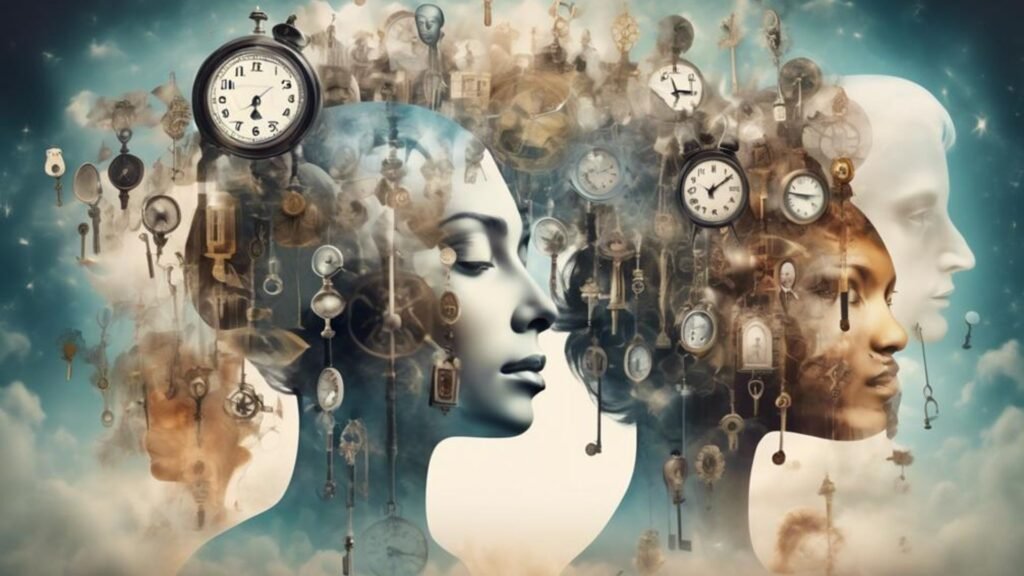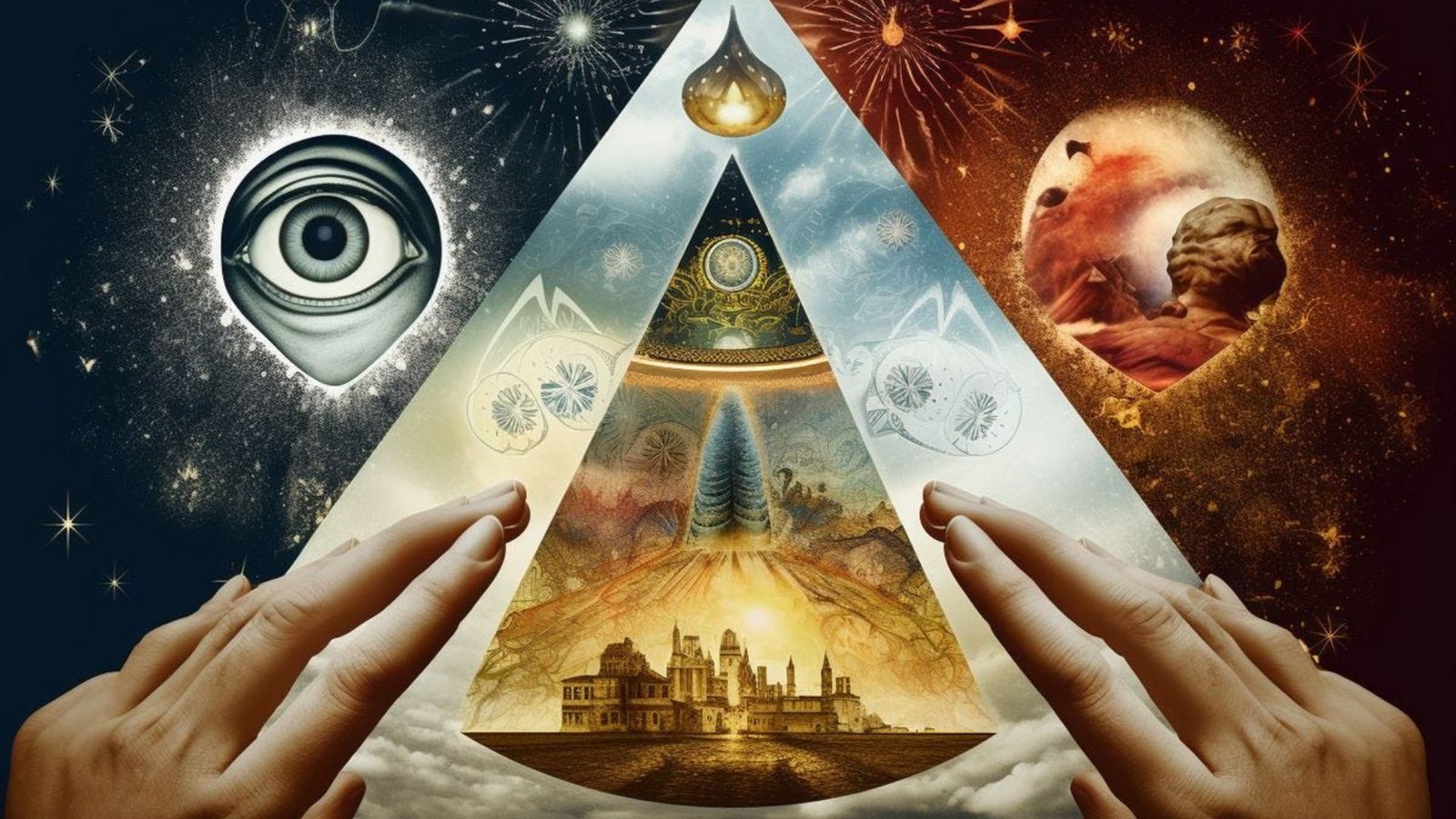Dreams offer a fascinating window into our subconscious, reflecting our thoughts, fears, desires, and, importantly, our personal identity. This article explores how dreams are intertwined with our sense of self, the influences of identity on dream content, and how understanding this connection can enhance our self-awareness and personal growth.

Understanding Personal Identity
Personal identity encompasses various aspects, including beliefs, values, experiences, and relationships that shape who we are. It evolves over time, influenced by our environment, culture, and individual experiences. Dreams serve as a powerful tool for exploring these elements, providing insights into our identity and self-perception.
How Dreams Reflect Identity
1. Symbolic Representation of Self
Dreams often contain symbols that represent our identities. For example, dreaming of a particular place might evoke memories tied to personal experiences or stages in life. These symbols can reveal how we view ourselves and our aspirations.
2. Exploration of Roles and Relationships
In dreams, we often find ourselves in various roles—such as a parent, friend, or professional. These roles reflect how we see ourselves in relation to others. Analyzing these dream scenarios can provide insight into our values and priorities within our relationships.
3. Processing Life Changes
Major life changes, such as moving to a new city, starting a new job, or experiencing a significant loss, often manifest in our dreams. These dreams help us process our emotions related to these transitions, reflecting our evolving identity and how we adapt to new circumstances.
4. Conflict and Resolution
Dreams can serve as a platform for addressing inner conflicts. When grappling with identity issues—such as career choices or relationship dynamics—dreams may highlight these conflicts, allowing us to confront and work through them. This process can lead to greater self-understanding and clarity.
The Influence of Identity on Dream Content
1. Cultural Background
Our cultural background significantly shapes our identity, influencing our dreams. Cultural symbols, values, and narratives often appear in our dreams, reflecting the beliefs and practices that define us. For example, someone from a collectivist culture might dream about family gatherings, emphasizing communal values.
2. Life Experiences
Personal experiences, both positive and negative, heavily influence dream content. Traumatic events or significant achievements can lead to dreams that explore these themes. Understanding how our past experiences shape our dreams can provide valuable insights into our identity.
3. Gender and Identity
Gender identity can also affect dream patterns. Research suggests that men and women may dream about different themes and scenarios, reflecting societal expectations and personal experiences. Analyzing these differences can deepen our understanding of how gender influences identity in dreams.
4. Psychological State
Our current psychological state plays a crucial role in shaping dream content. Stress, anxiety, and emotional turmoil can lead to more vivid or disturbing dreams, while a positive mindset may foster uplifting dreams. Recognizing these patterns can help us identify areas in our lives that need attention.
The Benefits of Understanding Dreams and Identity
1. Enhanced Self-Awareness
Exploring the connection between dreams and identity can lead to increased self-awareness. By analyzing dream content, individuals can gain insights into their motivations, fears, and desires, fostering personal growth.
2. Emotional Healing
Dreams often act as a mechanism for emotional processing. Understanding the themes present in dreams can help individuals confront unresolved issues, leading to emotional healing and a clearer sense of identity.
3. Goal Setting and Direction
Dreams can highlight aspirations and goals, serving as a source of inspiration. By recognizing the dreams that resonate with personal identity, individuals can set meaningful goals that align with their true selves.
4. Strengthening Relationships
Understanding how identity influences dreams can enhance relationships. By sharing dream experiences with others, individuals can foster deeper connections and empathy, leading to more supportive relationships.
Conclusion
The connection between dreams and personal identity is profound and multifaceted. By exploring the themes and symbols present in our dreams, we can gain valuable insights into our sense of self. Embracing this connection allows for greater self-awareness, emotional healing, and personal growth. Ultimately, dreams serve as a powerful tool for understanding who we are and how we navigate the complexities of life.




